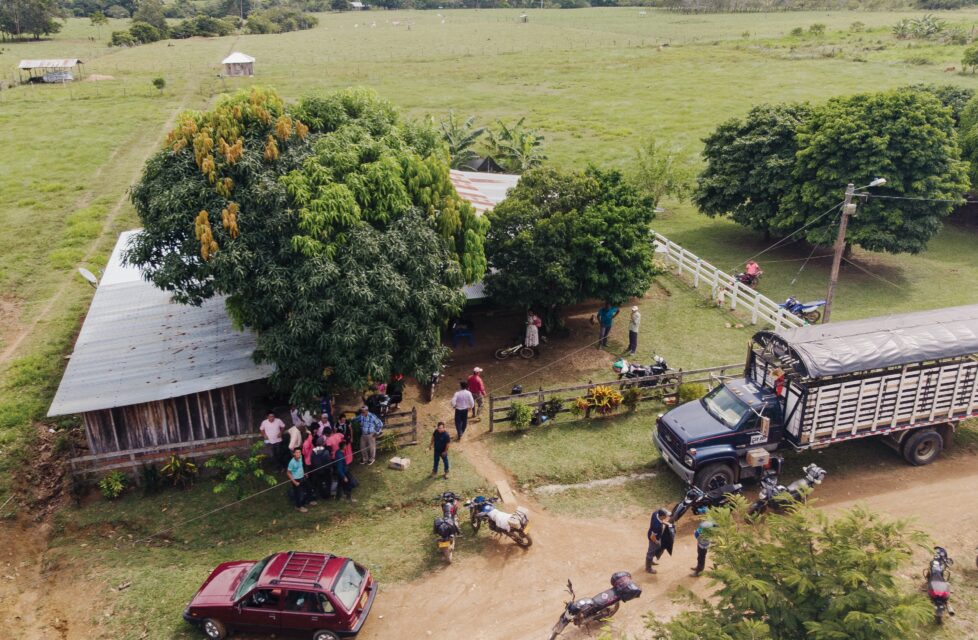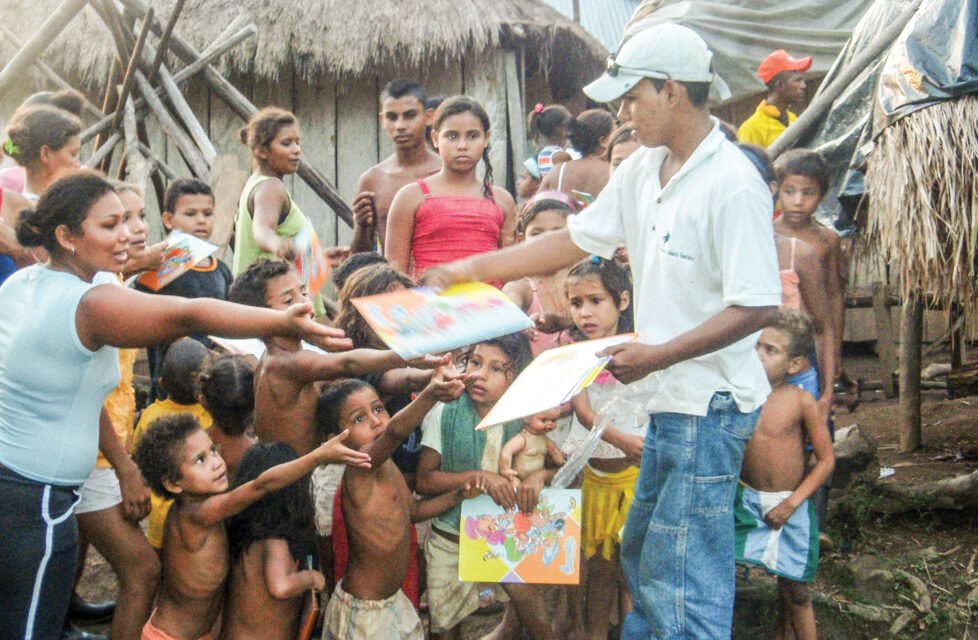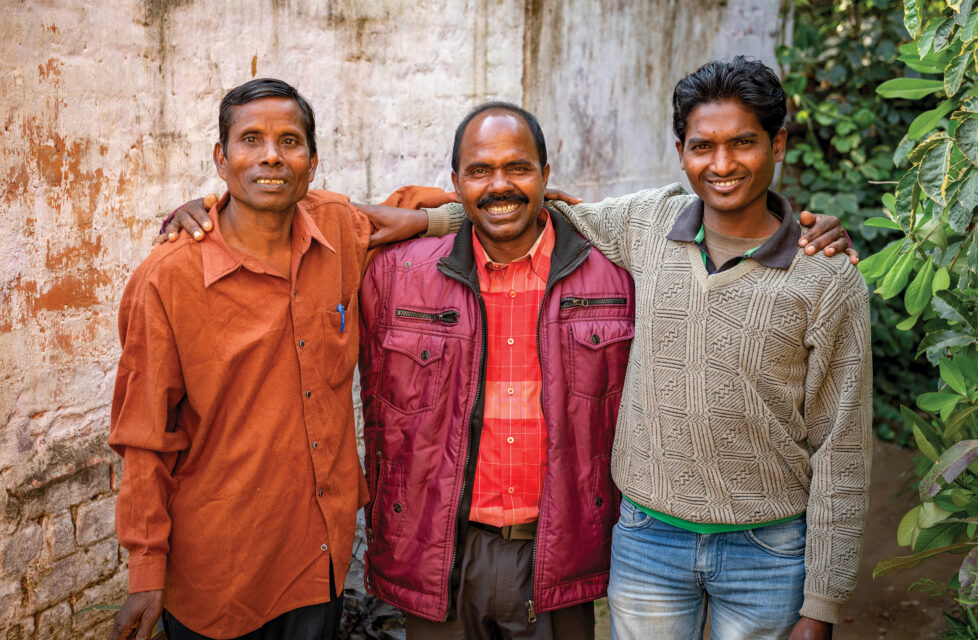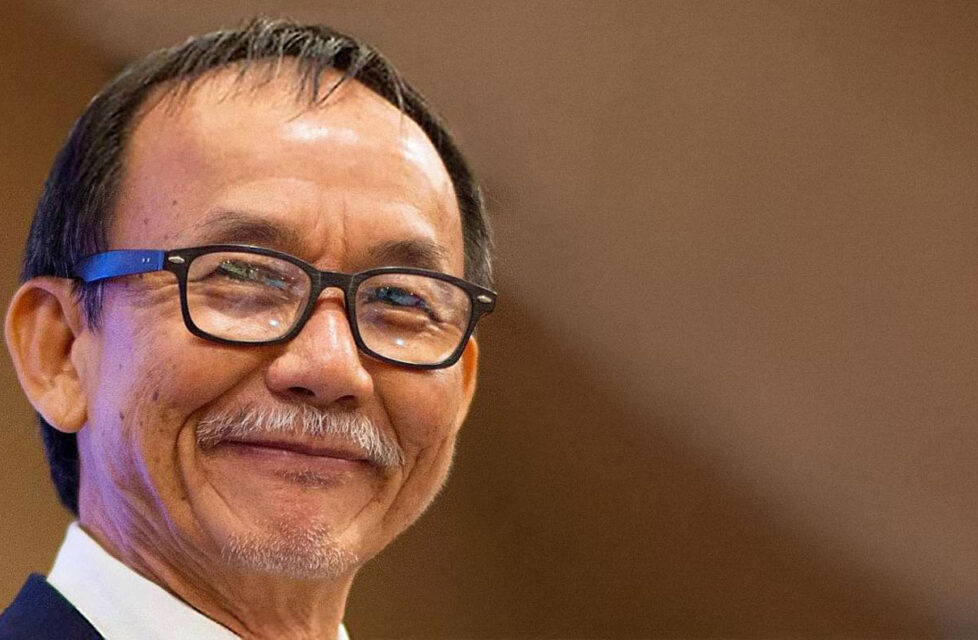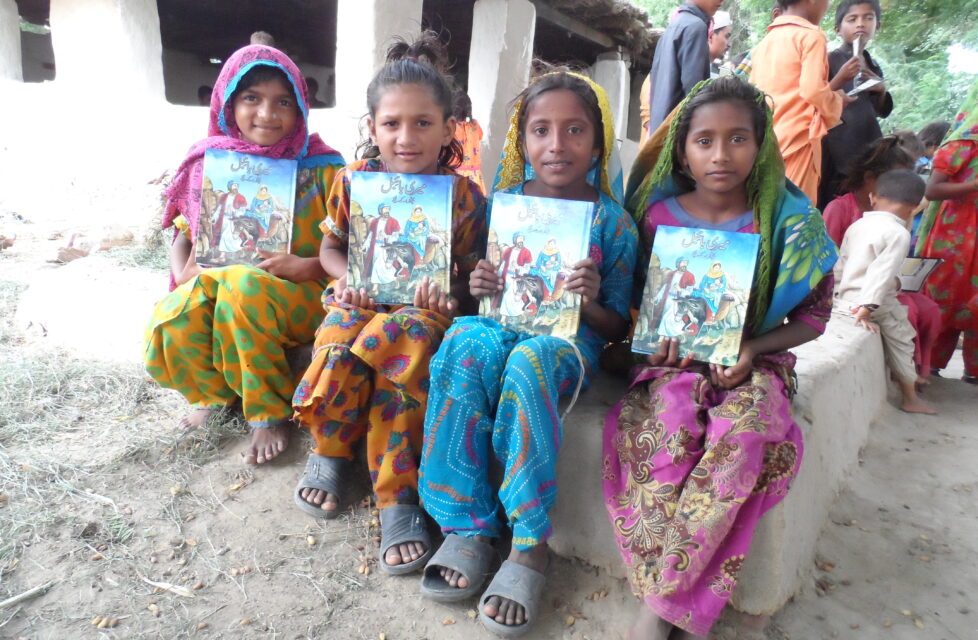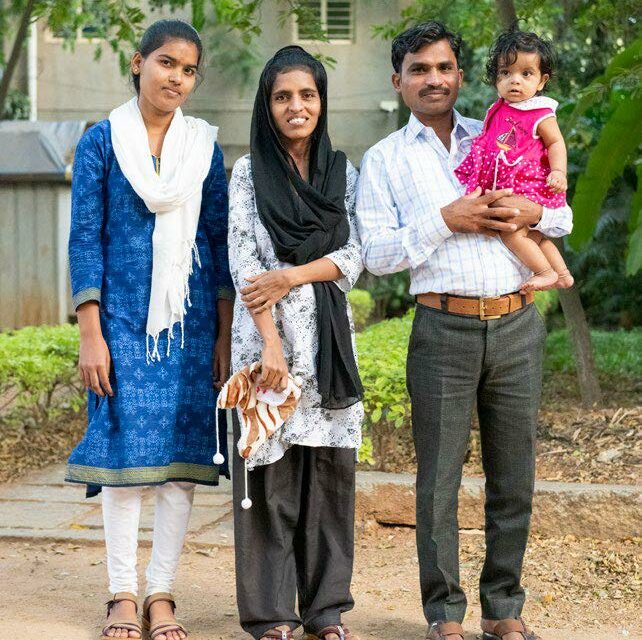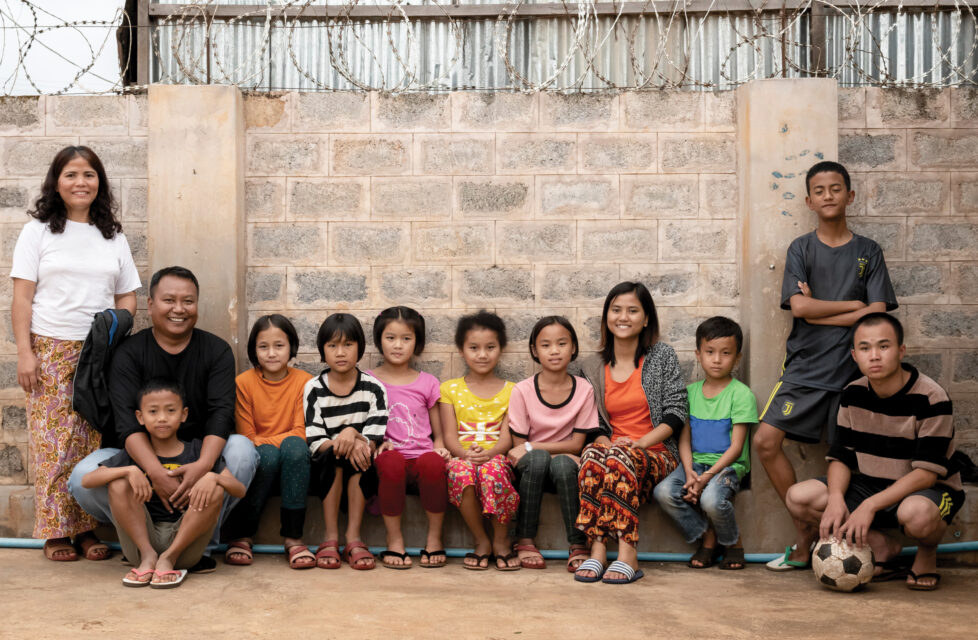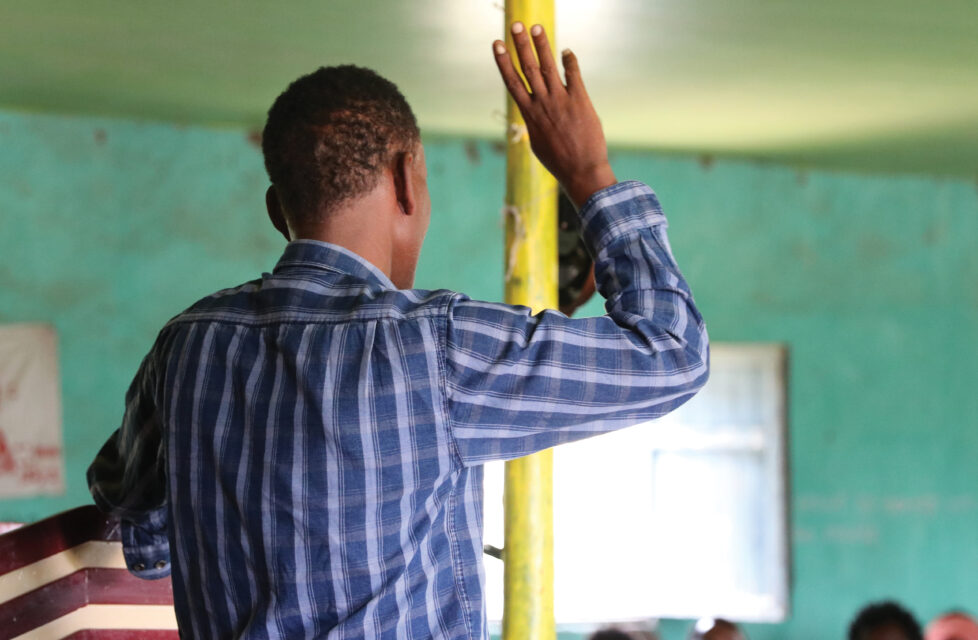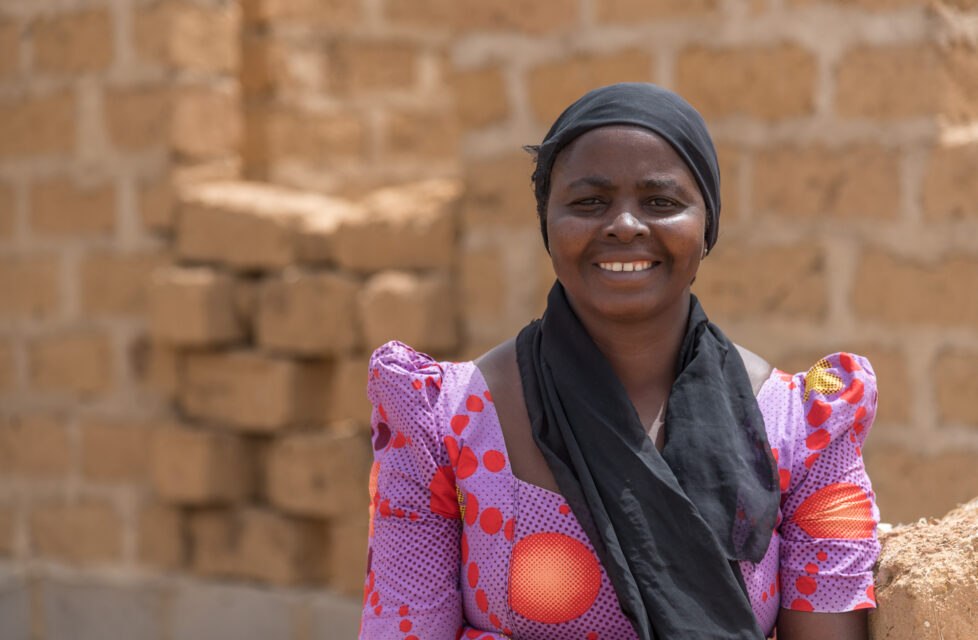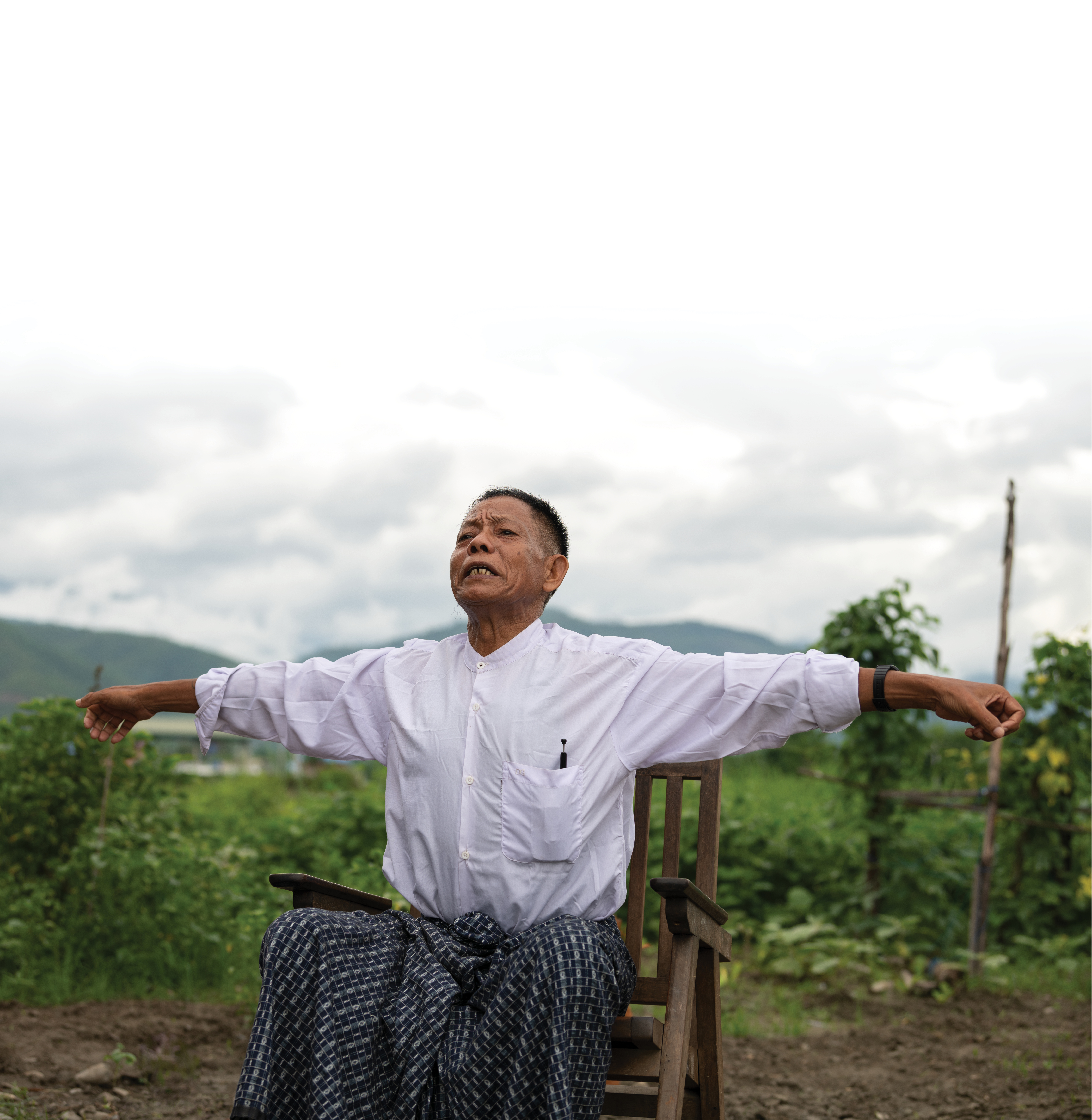Asking for permission to preach is a way of life for “Leonardo.” Merely forgetting or refusing to ask can result in death at the hands of the guerrillas or paramilitaries in Colombia’s “red zones.” Pastors in these areas are viewed as obstacles to the groups’ political ambitions because young people who become Christians are no longer attracted to the groups’ violent lifestyles. “They give you a time to start preaching, and you have to begin and be done at that time,” Leonardo explained. “There was no nighttime preaching or walking outside [allowed], and I always had to give a note if I was going to go anywhere.” Leonardo’s church soon transferred him to a different area, where he worked with people who had been displaced by guerrilla groups in the red zones. But his new home was not free from opposition, either. “There are gangs, hitmen,” he said. “I have been there two years. Two times they have not let me preach.” The gangs stopped Leonardo in front of his church and denied him entrance, saying, “Today no preaching!” But Leonardo found another place to preach. With a speaker and microphone in hand, he began preaching outdoors. He first began
Read MoreAs the sound of gunfire grew louder, 10-year-old Luis and his brother ran to their room and crawled under their bed. They knew the gunfire meant guerrilla fighters from the Revolutionary Armed Forces of Colombia (FARC) were again attacking their small jungle village in one of Colombia’s “red zones,” particularly dangerous areas. When soldiers from the Colombian Army arrived to repel the attack, the guerrillas took the boys’ father hostage to aid their escape. Although they released him four hours later, fighting between the guerrillas and government forces dragged on for days. Many of Luis’s friends were killed in the attack. All Things Made New Luis found true peace in Christ at age 13 and immediately felt the need to help people in villages like his who had suffered from the decades-long insurgency. “He told me He was my God and my Father, and He would always be there for me,” Luis said. “I felt the love of God come back in my life.” Using his small savings, Luis bought books, games and other items to distribute in his old village, which remained under threat. He also brought New Testaments and gave them to everyone he met, including police officers,
Read MoreThree Indian believers faced murder charges after praying for a church member who later died. Pastor Surjan Khariya became a believer in 2004 after being healed from the same illness that had taken his 7-year-old daughter’s life. Like most in his tribal village in Jharkhand state, India, he was an animist, worshiping nature with animal sacrifices and offerings of alcohol. But when he was healed from the disease after Christians prayed for him, Surjan gave his life to Christ and became the leader of a house church. Another member of Surjan’s house church, a man named Kolah Lohra, literally stumbled across the church one day in 2010 after hearing sounds of worship coming from the building. Kolah, who had battled alcoholism and drug abuse for years, drunkenly stumbled into the church meeting, dancing to the drumbeat and singing loudly. Unfazed by his drunken performance, the Christians invited him to come back the next day, which, surprisingly, he did. Kolah felt profoundly changed through Christian worship and prayed for a new beginning. He immediately boxed up all his drugs and tobacco and threw them out. In 2017, Kolah’s 27-year-old nephew, Krishna, along with his wife and three children, decided that they,
Read MoreEyewitnesses said it was like a scene from a movie. On Feb. 13, 2017, three black SUVs surrounded Pastor Raymond Koh’s silver sedan and forced it to the side of the road. Men dressed in black got out of their vehicles, grabbed Pastor Koh and shoved him into one of the SUVs while men on motorbikes stopped any approaching cars. The SUVs and Pastor Koh were gone in 40 seconds, and no one has heard from him since. Susanna is convinced that her husband’s abduction is tied to a 2011 confrontation with officers from the Selangor Islamic Department. As she and her husband hosted a dinner one night for sponsors of a charity they had started in 2004, 30 officers raided the event on the assumption that they were evangelizing Muslims, an illegal act in Malaysia. While some Muslims were among those attending the dinner, its sole purpose was to thank sponsors of their Harapan Komuniti (Hope Community) charity, which helped the poor, single mothers, children, drug addicts and those diagnosed with HIV/AIDS. About 120 people from various backgrounds attended the event in a local church. During the raid, the officers took photographs and videos of those in attendance, and
Read MoreWhen more than 20 Christian children in northern Kenya received candy from Muslim evangelists in November 2018, they readily pledged to return to Islam, which predominates their Borana Oromo tribe. But days later, Christian workers arrived with a load of cargo that proved more precious and lasting than sugar — children’s Bibles. Christian workers led five donkeys loaded with children’s Bibles through thick forests and across winding rivers to reach the village of Uran Lataka, near Kenya’s border with Ethiopia. They then distributed copies of the illustrated Bible to 52 children, including many who had recently turned their backs on the Christian faith. As the children saw the Bible stories told through the book’s colorful, dramatic images, they were hooked, and in the days that followed most who had been enticed by the Muslims’ candy renewed their commitment to Jesus. “One of the kids couldn’t stop looking through the pictures of the Bible when he received it, even after reaching home,” a VOM worker said. In addition to strengthening the children who were secure in their Christian faith and re-engaging those less committed, children’s Bibles have also proved valuable to Sunday school teachers as a resource for weekly lessons. After
Read MoreWhen Pastor Arjun, a Christian convert from Hinduism, proposed to his wife, Radha, he made sure she knew what to expect. “I am a minister and have been attacked many times,” he told her. “In the future, you may be attacked. I may go to jail. Sometimes we will have food, sometimes we will not. This will be the life.” Radha accepted his proposal without flinching. “Live or die,” she replied, “I will live for Christ.” Since then, they have been forced to move three times. Arjun has been beaten numerous times and accused of forced conversions, while Radha has been personally threatened and watched Hindu radicals invade their church. When Radha’s parents began arranging a marriage for her when she was in the 12th grade, she made it clear that she wanted to marry a pastor. “I will not marry any other,” she told them. “Otherwise, I will not get married.” Radha wanted to be actively involved in ministry, and she knew marrying a pastor would be the best way to do that. “I had that burden,” she said. Because Arjun had been attacked so many times, Radha’s parents were initially hesitant to approve the marriage. But despite their
Read MoreKan and his wife, Maiah, host children of Christian workers in their home so the parents can continue their work without worrying that their children will be taken as soldiers or brides. After Kan completed seminary in 2009, a friend in Myanmar asked him a pointed question: “Could you and your wife take care of two boys?” The boys, ages 5 and 7, were children of new believers from separate families who were working in the fields. Their parents feared that since they were now Christians, rebel groups would take the boys for use as child soldiers. Families in areas where rebel groups are active are commonly expected to give up a child, and Christian families are often forced to give up all their children as a penalty for being Christians. At the beginning of this century, Myanmar was reported to have the highest number of child soldiers in the world. At that time, an estimated 20 percent of the country’s 350,000 soldiers were children. While boys are recruited by rebel groups and the national military, girls in rebel-held areas can be married off or trafficked into China. Kan prayed about how he and his wife could help the families.
Read MoreThe Sheikh Who Became an Evangelist The pastor said, “This is Sheikh Semere,” introducing his guest to the believers assembled in a concrete-block church in Ethiopia. “He was a persecutor, and one who wanted to burn churches. I brought him here so you can beat him,” the pastor said jokingly, “because the Bible says you will reap what you sow.” The congregation roared with laughter. Less than two years earlier, a Muslim mob had destroyed their community, killing two evangelists and destroying the homes of 22 Christian families. But instead of fleeing or retaliating, the Christians chose to remain in the area as witnesses for Christ. And when they rebuilt their homes, they painted them vibrant blues and pinks so everyone would recognize the houses rebuilt after the violence. Semere, the target of the pastor’s good-natured joke, represented the very people who had attacked them. As the pastor introduced Semere, he continued using the title the former Muslim had gained as an Islamic scholar. “God has given Sheikh Semere favor,” the pastor said, “and [the sheikh] has done far more after he believed in Christ than the evil he did when he was a persecutor. After he believed, the Muslims
Read MoreLike many Christians in northern Nigeria, Alice has suffered multiple attacks from Muslim extremists, but she is not disheartened because she knows that Christ told us His followers would suffer. Though it has been nine years since her husband was murdered by militant Islamic Fulani herdsmen, every time Alice Bulus hears about a new attack, she re-lives the pain of the day he died. “When I hear the sound of a gun, I panic,” Alice said. Alice and her family were asleep when men with covered faces stormed into their home around midnight on Jan. 13, 2011, in Nigeria’s Plateau state. After calling her husband by name, the men shot him as he opened the bedroom door. Alice, who recognized one of the attackers as a neighbor, tried to stop the bleeding as her husband lay crumpled on the floor and their five terrified children cried in the corner. When the Nigerian military arrived in their village about an hour later, they took Alice’s husband to the hospital. But it was too late; he died on the way to surgery. Crisis upon Crisis In Nigeria, they call it a crisis. Attacks by Boko Haram terrorists and nomadic Fulani militants are
Read MoreAfter zealously persecuting Christians for decades, a Myanmar Army officer made a mistake that led to a life-changing encounter with six imprisoned pastors. Khin Maung wanted to be part of something bigger than himself. After completing high school, he joined the Myanmar Army and quickly rose through the ranks, eventually reaching the level of lieutenant colonel. As an officer commanding his own battalion, he developed a reputation for brutality toward his soldiers, reserving his harshest treatment for Christians. Khin had learned to hate followers of Jesus at a young age. He was raised in a rigidly Buddhist, Burmese family, and two of his uncles were influential Buddhist monks. At age 11, he spent nine months as a novice, wearing the traditional maroon robe and living among adult monks at a local monastery. He was taught that Jesus was a disciple of the Buddha and that He was crucified for disobeying instructions forbidding Him from preaching. In addition, he was taught that when Jesus died, He became an evil spirit. “From that moment, I thought Christians were crazy,” he said. “I decided that I didn’t want to have anything to do with them.” Khin took every opportunity to publicly mock and
Read More
